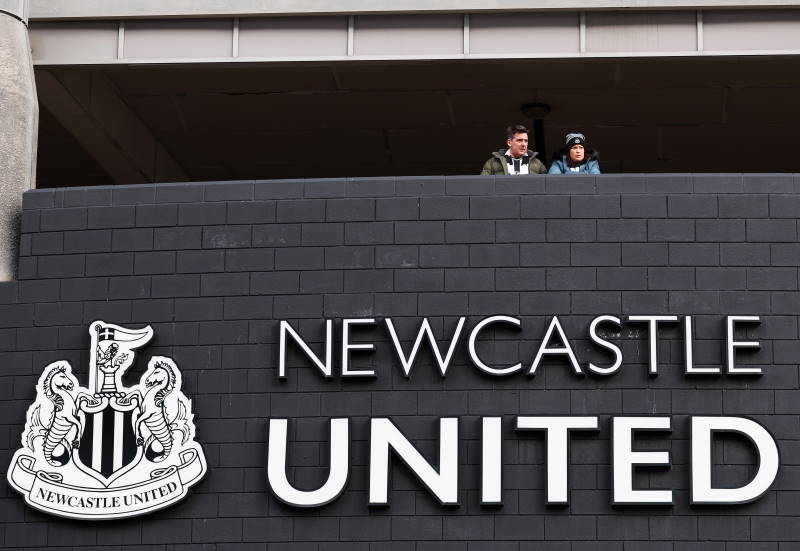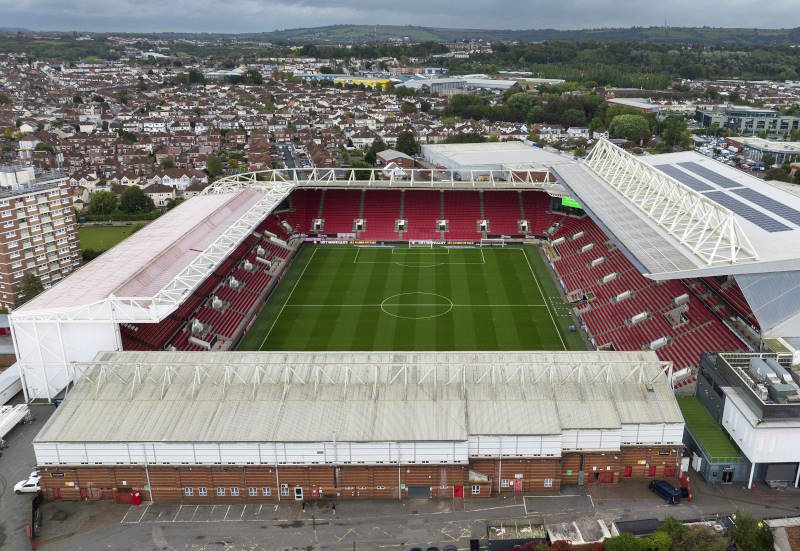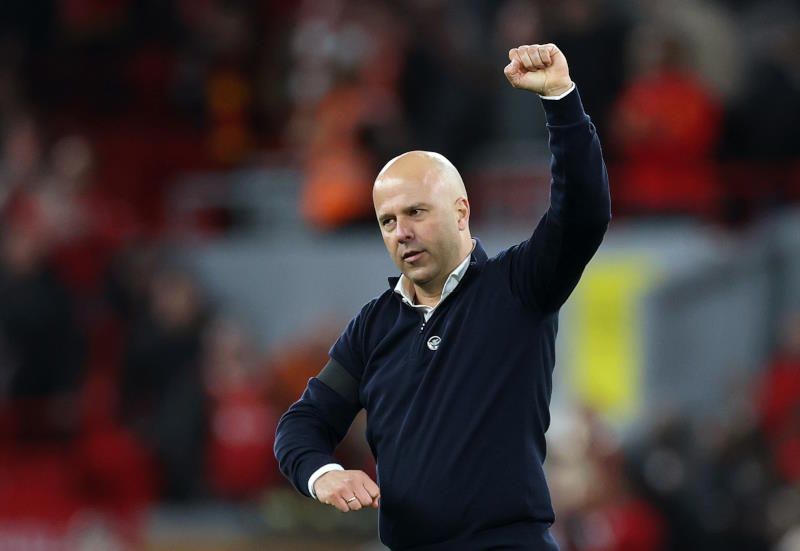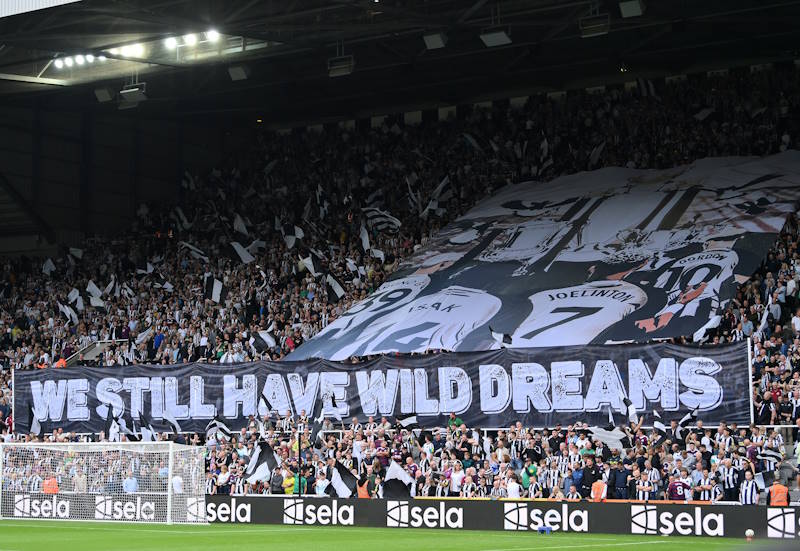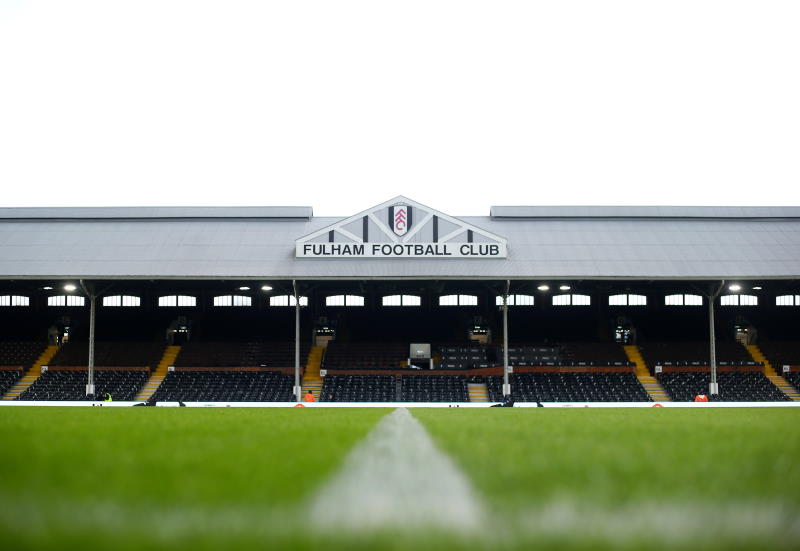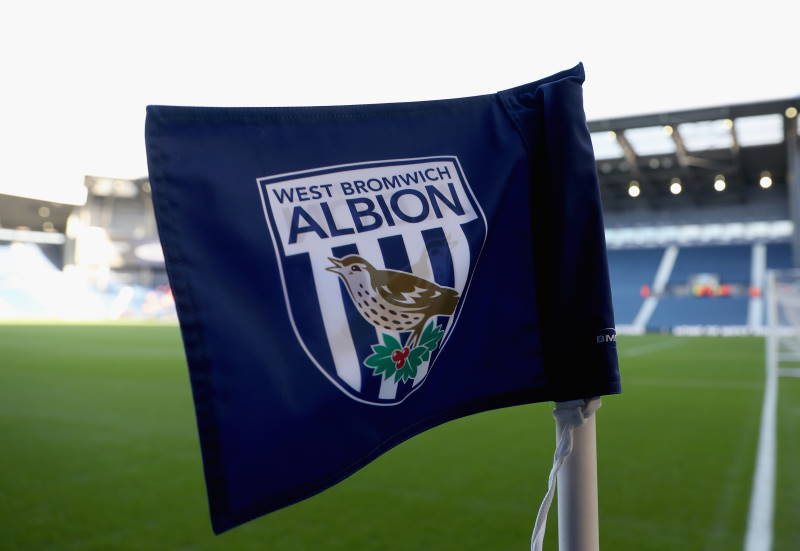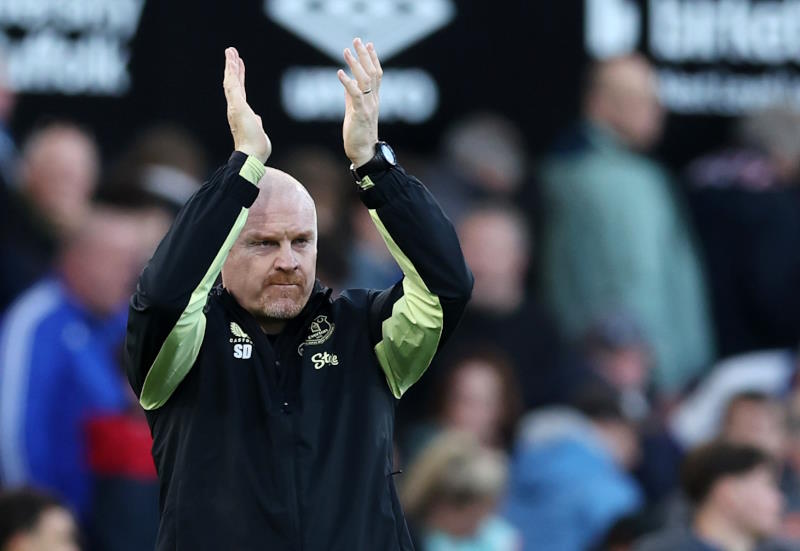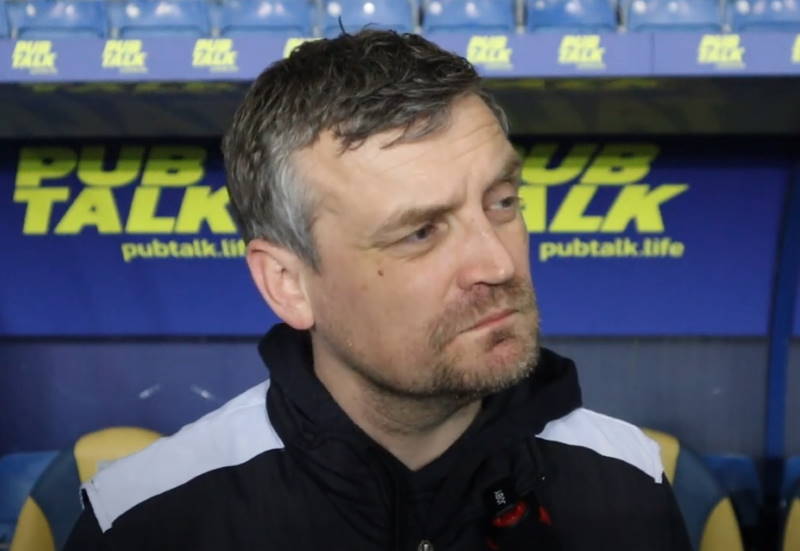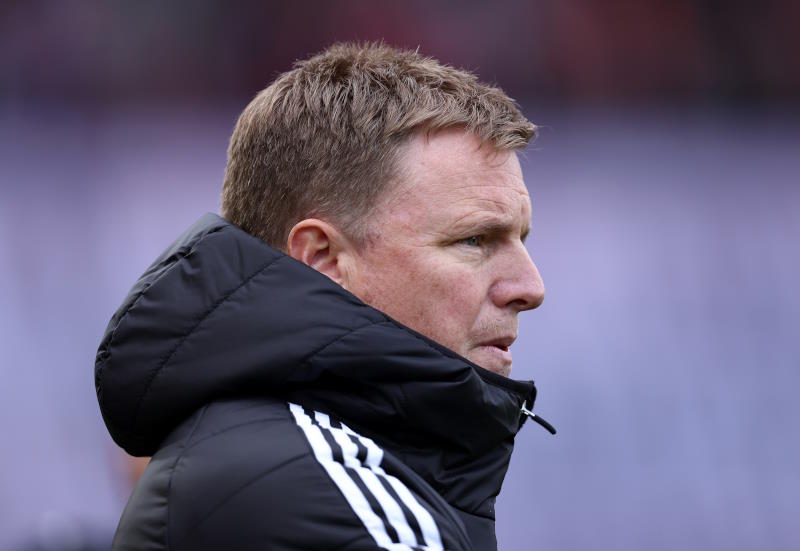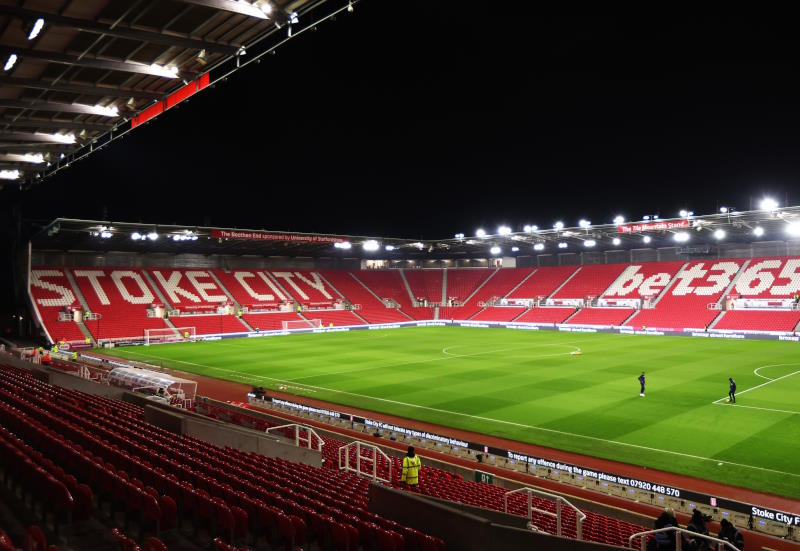
Luke Matthews
After reaching the dizzying heights of third place in the 1998 World Cup, the ageing Golden generation of Croatian football were eventually dismantled without ever being adequately replaced; until now that is.
The national team currently sit eighth in the FIFA world rankings above huge footballing nations such as France and Portugal. A quarter-final exit at Euro 2008 failed to adequately showcase the dazzling skills of a new generation of players such as Luka Modric and Niko Kranjcar who are hotly tipped to surpass their iconic predecessors. And despite a recent home draw with Ukraine, Croatia remain on course for qualification to the World Cup in South Africa next summer.
The recent upturn in form give many reason to believe that the boys from the Balkans can go all the way in the World Cup or European Championships. So unsurprisingly there is something of a feel good factor orbiting the Croatian national team and its fans at the moment. However, delve a little deeper into the state of Croatian football and it soon becomes apparent that all is not well.
To begin with there is a severe lack of talent in the domestic league which is limiting the growth of Croatian football. Croatian teams are unable to attract footballers of a high calibre from abroad, while the best local talent tends to flee the country at a young age. So why do Croatian teams struggle so much to hold on to their star players?
Football writer Dougie Brimson believes its a simple case of money. “The Croatian domestic game is in turmoil and this is mainly because of financial constraints. There is very little money available for players in Croatia.” Croatian sports journalist Ivo Scepanovic seconds this argument. “Croatian clubs simply can not pay the same amount in wages as the big European teams.”
Scepanovic goes on “Clubs are so badly organised and structured that once a player shows a little bit of talent they are sold without much of a fight from the club.” This has certainly been the case with the three brightest stars of Croatian football, Luka Modric, Niko Kranjcar and Eduardo da Silva. In the last three seasons all three players have transferred to England and the Premier League at a young age for the combined total of around £27.5M.
The two most successful teams in Croatia are the fierce rivals Dinamo Zagreb and Hajduk Split, who tend to serve as ‘feeder’ clubs to the bigger and richer teams in the elite leagues of Europe. Yet it is Dinamo and Hajduk who prey upon the best young Croatian talent from the other Croat teams to complete the metaphorical ‘food chain’. It then comes as no surprise at all that the two giants of Croatian football are the only teams to ever win the Croatian league title.
This kind of dominance certainly fuels the rivalry between the two sets of supporters with each meeting enabling the hooligan groups of the two clubs to reacquaint themselves with one another. But reacquainting does not mean having a good old chat over a latte, no; it means the type of violence that would not seem out of place on a battlefield. This is unsurprising really, especially to Dougie Brimson.
“Hooliganism has become a significant factor not just within the game, but within the country’s recent history. After all, many of the front line troops stepped straight off of the terraces into uniform and it is clear that certain ‘mobs’ formed their own military units.”
Over the last two decades thousands have been injured in football related riots while the death toll is approaching the one hundred figure. The situation has escalated to such an extent that the Croatian Football Federation and the government have worked together to create new anti-hooligan legislation. An outline of the new laws was announced in January with the legislation due to come in to place in the coming months.
The big problem with this new legislation is that it is proving to be very controversial with Croatian fans. Ordinary supporters believe the new laws violate their rights as well as the violent thugs involved in the domestic game. There has even been talk of nine different fan groups taking their case to the European Court of Human Rights in Strasbourg. So what is so controversial about these new laws?
Well, for a start, police will be given the right to arrest any football fan on the suspicion of being involved in hooligan behaviour, and this without any evidence needed. Furthermore, supporters will be banned from drinking alcohol during games and will be limited to one pint of beer each beforehand.
When the legislation does come in to effect it is predicted that attendances throughout the country will drop. This is particularly worrying considering the average attendance for the 2007/08 season stood at a mere 2,878 per game.
What is for certain is that drastic measures are needed if the Croatian domestic game is to improve, and belittling fans is surely not the way to go about it. The most important thing is that the footballing authorities need to realise that the supporters are quite possibly their biggest asset. If the authorities could work with them and develop a proper and well defined football culture, then that could only be for the benefit of everybody concerned.
The tragedy is of course that the introduction of the new legislation will ensure that such a thing will never happen.
Related Articles:
- – Croatia Changed Forever by Maksimir Moment
- – Expanded Prva HNL Enjoying Interesting Start
- – Under-19 Championship Win Shows Ukraine’s Future
Croatia 08/09 Home *30% off* Czech Rep 08/09 Home *50% off*

